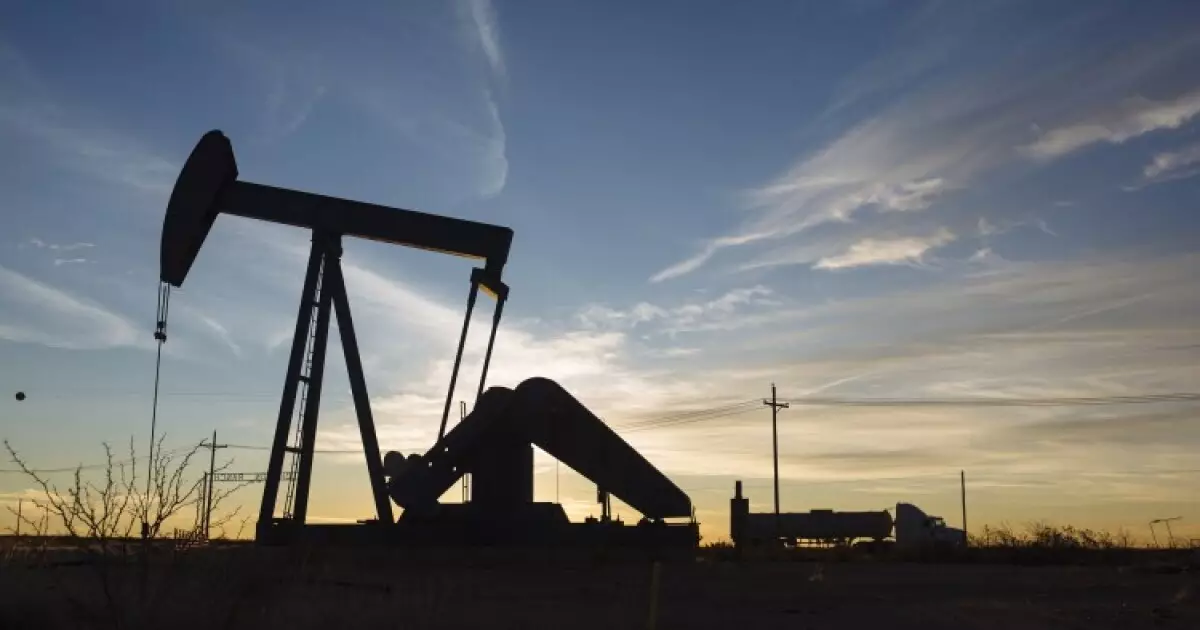The recent legal tussle emerging from Texas highlights a significant clash between governmental legislations aimed at the fossil fuel industry and the freedom of expression claimed by businesses involved in sustainable practices. This controversy stems from a 2021 law prohibiting state contracts with financial entities suspected of “boycotting” the fossil fuel sector. A lawsuit initiated by the American Sustainable Business Council is challenging the law’s constitutionality, asserting that it infringes upon free speech rights. The Texas government’s response showcases a defense focused on economic implications and legal principles, raising questions about the intersection of environmental policy, commercial ethics, and regulatory authority.
At the heart of this conflict is the assertion by the Texas state comptroller and attorney general that the lawsuit should be dismissed because the plaintiff lacks standing and that the state is protected by sovereign immunity. Their argument, resting on the First Amendment’s applicability—or lack thereof—regarding procurement laws opens a broader discussion about what constitutes protected speech in a commercial environment. The state argues that merely refusing to engage with certain financial institutions does not equate to a broader expression under First Amendment protections, indicating a perspective that prioritizes economic stability over ideological affiliations.
Economic Ramifications
The Texas government’s defense emphasizes the economic contributions of the fossil fuel sector, which constituted a staggering $360.7 billion to the state’s economy in 2022. Proponents of the law argue that state contracts should not inadvertently support economic boycotts that may threaten this vital sector. The implications of this law extend beyond mere contracts; they reflect an effort to maintain a competitive edge in the energy market at a time when shifts towards sustainable investments are gaining traction. Financial institutions like Bank of America and Wells Fargo, under scrutiny by state authorities for their participation in climate initiatives, represent a larger trend where traditional energy sectors feel threatened by growing environmental consciousness.
The situation in Texas is not unique; it echoes previous legislative skirmishes in other states, like Arkansas, which mandated certification from contractors that they would not boycott Israel. An Eighth Circuit ruling reaffirmed that while boycotting can be a form of protected speech, economic decisions do not fall under the same guise. This potential precedent may guide how the Texas case is perceived by the courts. It raises notable questions about the role of state legislation in nurturing or stifling economic and sociopolitical discourse.
Texas has taken a strong stance against what it terms anti-environmental, social, and governance (ESG) mandates by enacting laws that discourage businesses from expressing any form of discrimination against the fossil fuel and firearm sectors. The fast-growing movement for sustainability is prompting industries to reconsider investment strategies, often leading to conflicts with established business practices in regions heavily dependent on fossil fuels. This case highlights the friction between traditional economic practices and progressive investment strategies, reflecting national conversations about energy policies and climate responsibility.
The Road Ahead
With the American Sustainable Business Council’s response due by the end of October and an amended complaint anticipated by early November, this legal battle is poised to unfold further. The outcome could set precedents that affect not only Texas but also reshape how other states approach regulations concerning financial relationships and economic policy versus discrimination. Regardless of the legal interpretation, the implications of this case resonate through the very fabric of current societal discussions surrounding climate change, economic stability, and individual rights, illustrating the complex interplay of law, commerce, and ethics.
The conflict between Texas and the American Sustainable Business Council encapsulates a pivotal moment in American socio-economic dynamics. As businesses weigh the implications of their investment choices against prevailing legislative pressures, the ultimate resolution of this lawsuit might define future interactions between the government and the corporate sector, especially concerning issues of freedom of speech, economic viability, and environmental stewardship. Whether Texas will uphold its stringent measures or succumb to broader national trends of sustainability remains uncertain, yet it undeniably reflects larger narratives shaping contemporary American society.


Leave a Reply